Lauren Letzsch, a senior on Oregon State University’s women’s gymnastics team, is no stranger to vulnerability and perseverance.
Majoring in interior design and sustainability, Letzsch has found ways to balance the rigorous demands of her academic and athletic pursuits, all while navigating a subsequent diagnosis of Postural Orthostatic Tachycardia Syndrome.
Growing up in Golden, Colorado with her twin brother, Letzch was immersed in athletics from a young age, but she was born with a hole in her heart.
“The first surgery that they did (at 4) went wrong, and they weren’t able to close the hole, and they actually stopped my heart while I was in surgery, so we had to do another one to close the hole. So when I was 5 they finally got the hole closed,” Letzsch said.
The medical staff permitted Letzsch to return to gymnastics as they said her heart structurally would not have any more complications.
“When I turned six, it was the first year I could technically compete,” she said.
Coming from a family where her mom was also a gymnast, Letzsch was encouraged to pursue sports but carved her own unique path. Her early years were filled with ambition in navigating the track of elite gymnastics and a destiny for Olympic aspirations.
Letzsch shifted her path late in high school, despite verbally committing to a different university at 13, and committed to be a walk-on for the women’s gymnastics team at Oregon State University.
“I always knew I wanted to be a college athlete,” Letzsch said.
After a minor surgery to heal an injury that was consistent throughout the 2023 collegiate season, Letzsch began experiencing cardiac symptoms such as a high heart rate along with feeling extremely lightheaded and dizzy.
Letzsch was diagnosed with POTS six months later. The diagnosis forced her to confront an uncertain future — not just in gymnastics, but in her daily life.
POTS is a disorder affecting the autonomic nervous system that causes functions like heart rate and blood pressure to become dysregulated, resulting in dizziness and fainting with postural changes along with a variety of other symptoms.
“Knowing I was in a place where sitting on the floor felt like it was taking so much effort,” Letzsch said. “Just to be out there (on the floor), supporting my team, and I want to be out there, I want to do it more than anything. Can I do it? It was a big question.”
This moment of introspection led to a pivotal point during her recovery. Letzsch got up and attempted to jump, alone in her living room.
“My team was away at a meet and I was in my living room while they were competing,” Letzsch said. “I knew my heart rate was going to be pretty high and symptoms were going to come on after but I think for myself I needed to know, if this is going to be the last time I am going to do gymnastics, at least I knew that I did something and it didn’t just end one day with no notice.”
What may seem as a small step, became significant, as it marked the beginning of her gradual return to collegiate gymnastics. With the help of her athletic trainer, she slowly began reintegrating basic movements and routines.
“As the season kind of winded down for the team and we moved into spring training which gets light and less hours in the gym, I would go in early with my trainer and just do really basic skills, dance and others just to kind of see,” Letzsch said. “I can do a little more today, and I can do a little more the next day.”
The unwavering support of her team and loved ones became a cornerstone of her health journey.
“When I was first diagnosed, I didn’t know what to tell anyone,” Letzsch said. “Once I did it was the most supported I felt by really anyone but especially by our team. Just being vulnerable with them, it was really cool.”
Throughout all the highs and lows that gymnasts face, the unique community aspect within the team unites them as an elite squad.
“But I think more than that, the team of people, like our coaches and my trainer and numerous doctors that I have been to, I don’t think that I would have been able to come back without such a strong support system, and my family included in that,” Letzsch said.
Letzsch offered words of encouragement to other individuals managing chronic health conditions.
“Keep going. It does get better. It might be some of the hardest days of your life but find the people you can lean on.”
Beyond her personal journey, Letzsch hopes her story fosters a broader understanding of chronic conditions.
“POTS itself is what they call invisible illness,” Letzsch said. “It’s not necessarily something that you’re walking down the street, and you can see someone isn’t doing well or they have an injury or something … You never know what someone is going through … A diagnosis doesn’t have to hold you back.”
Letzsch and the women’s gymnastics team at OSU start their upcoming season with Orange and Black on Dec. 13, 2024.







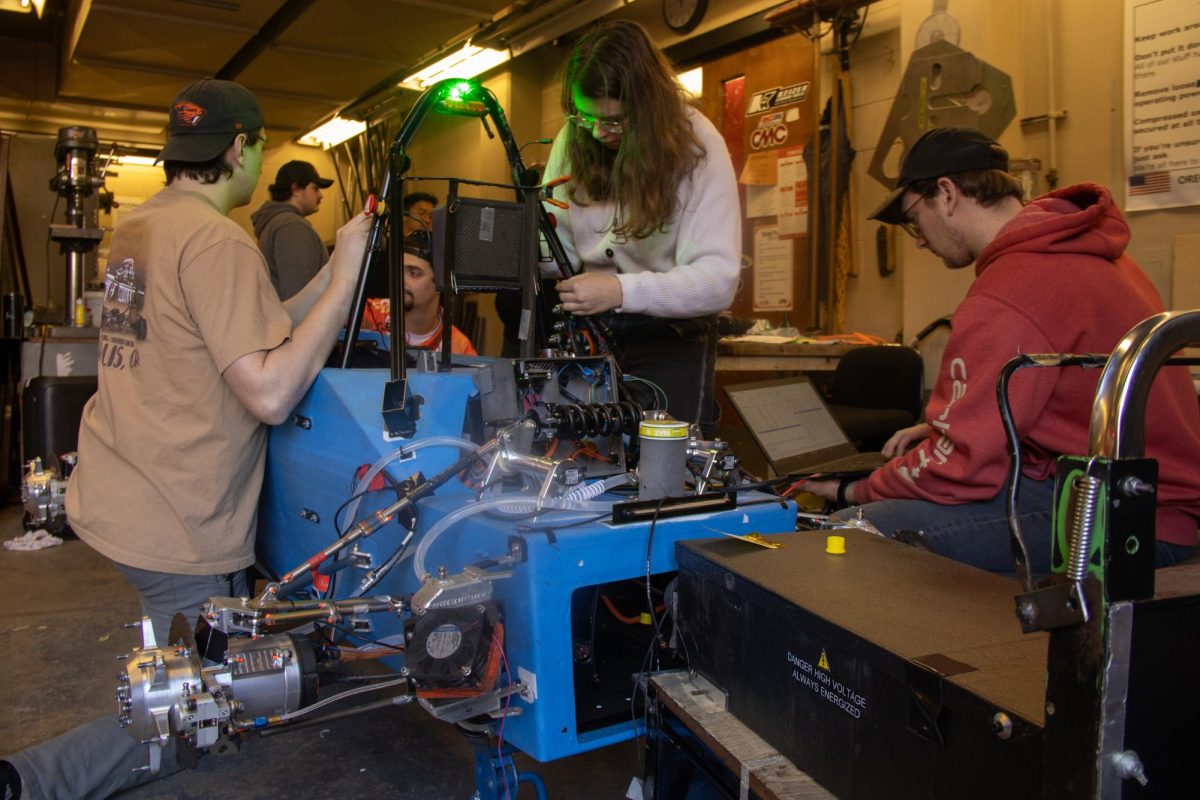
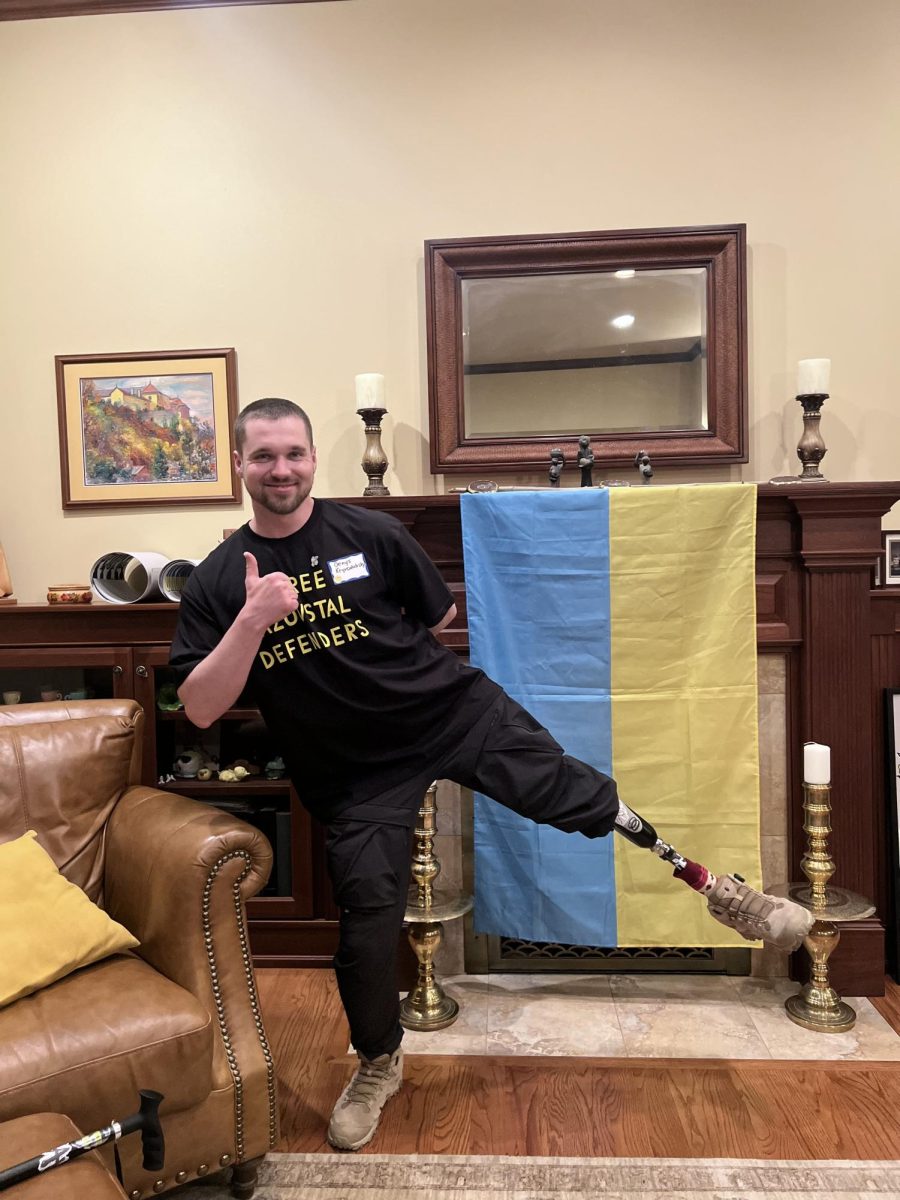

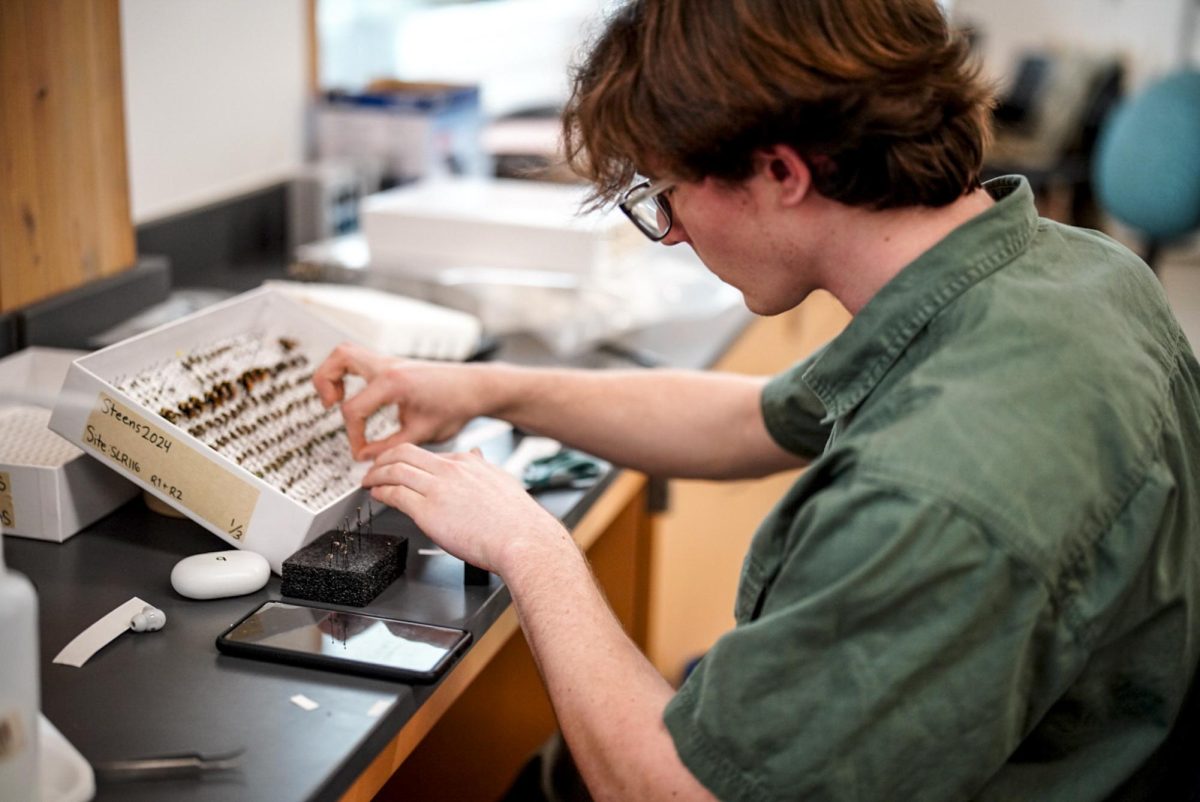
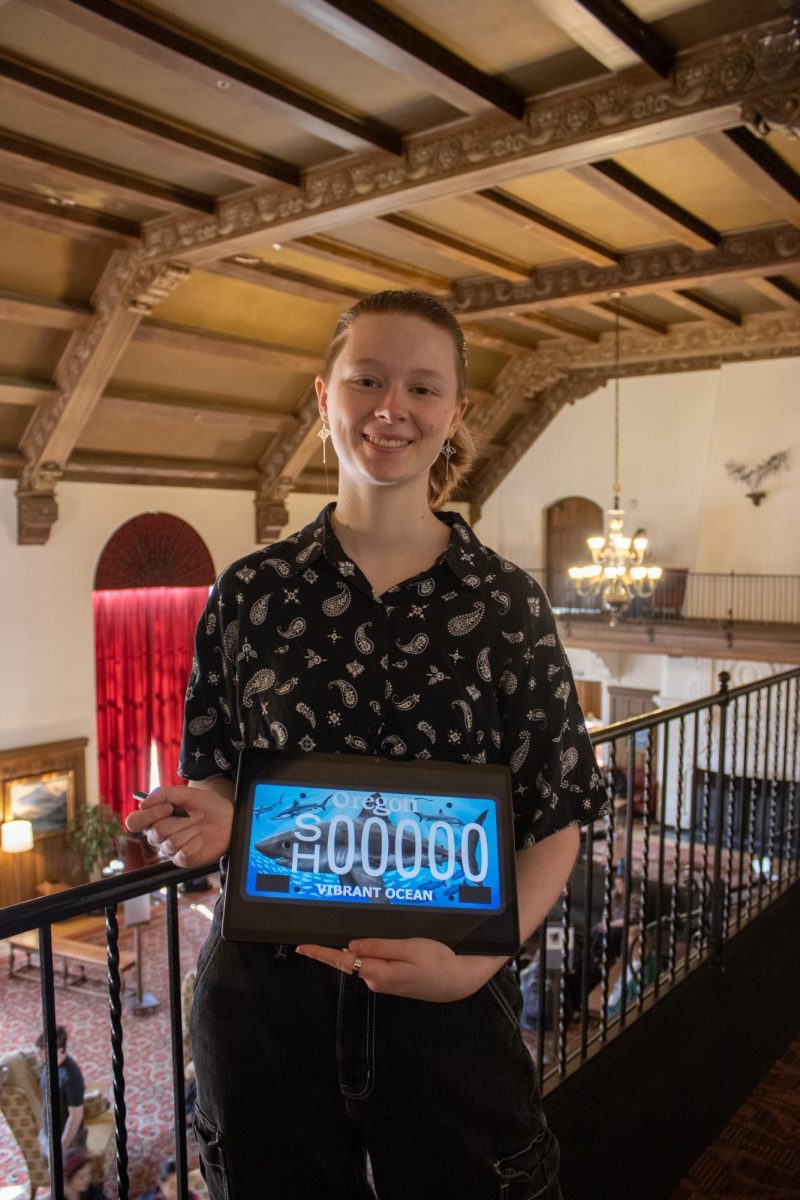
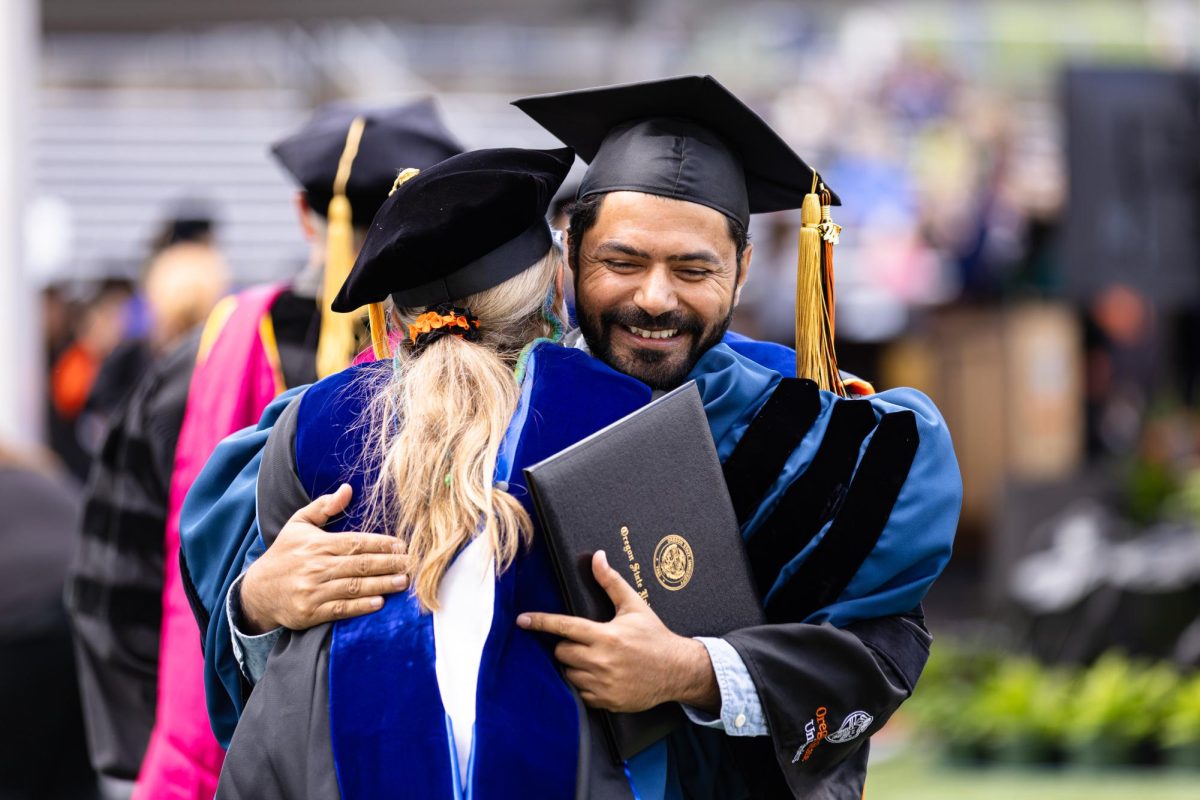
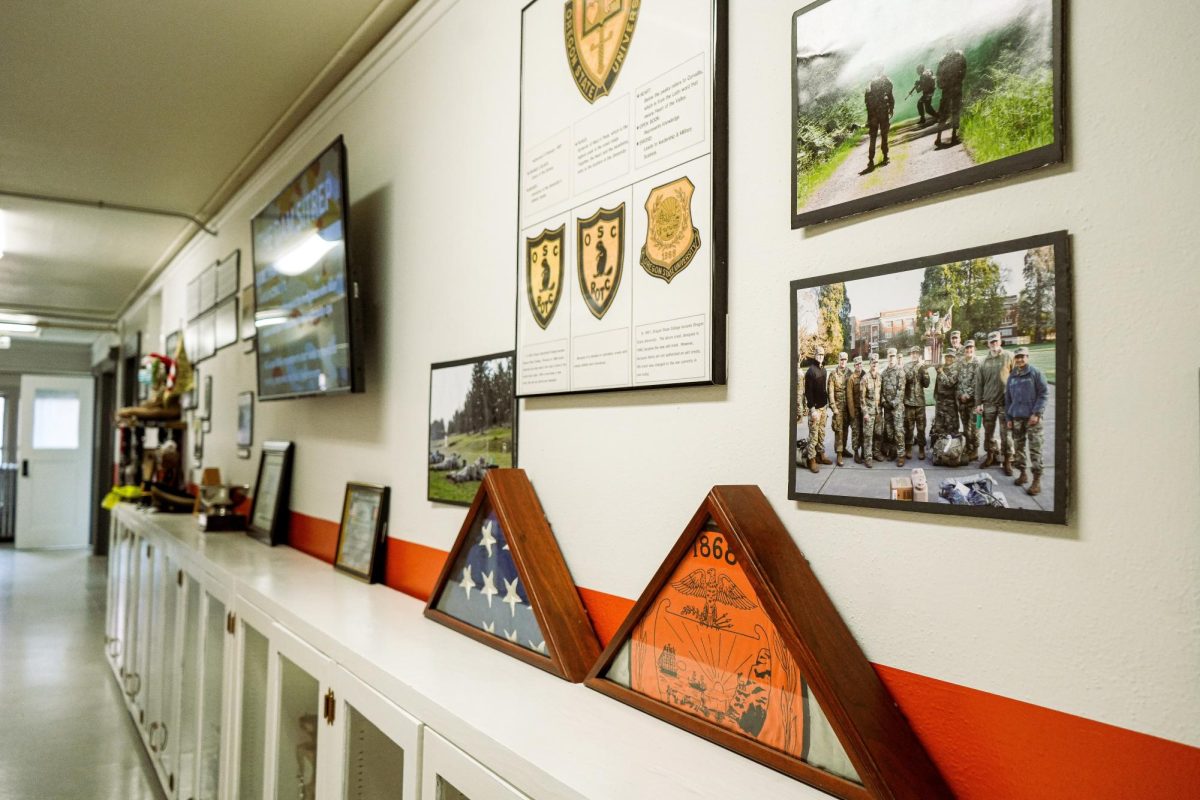









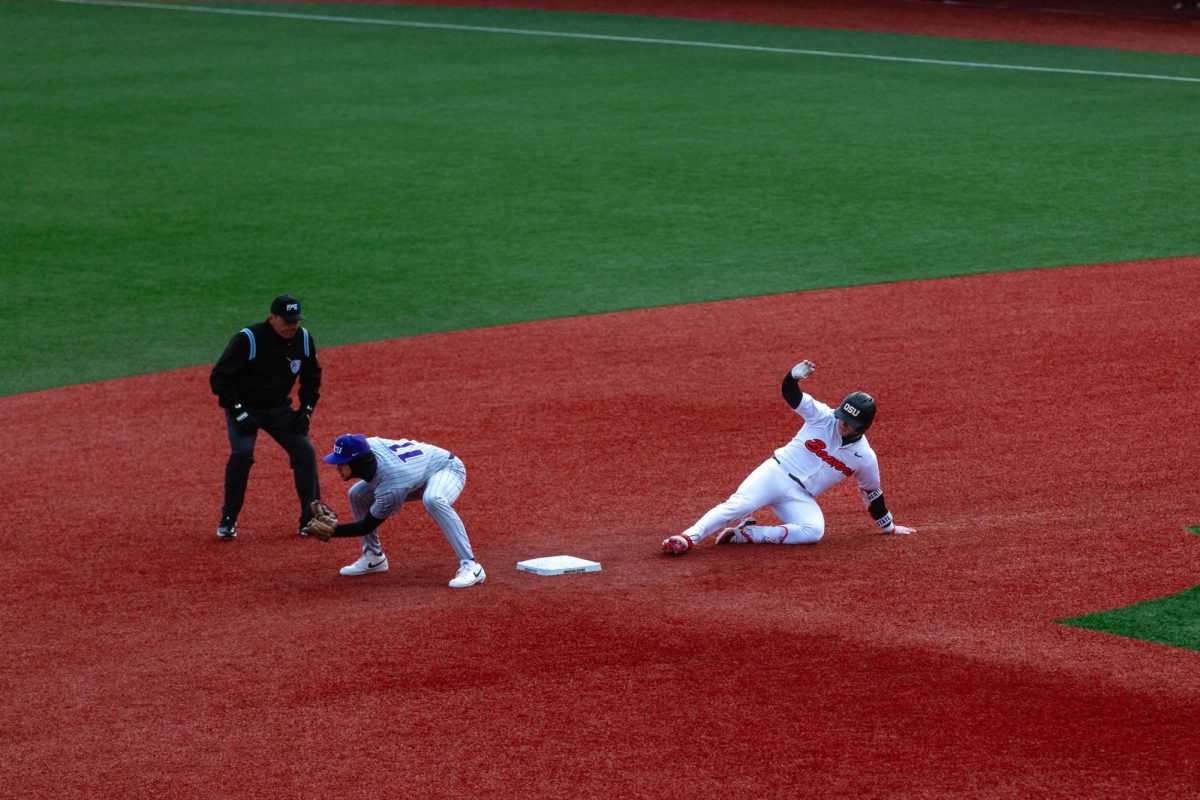
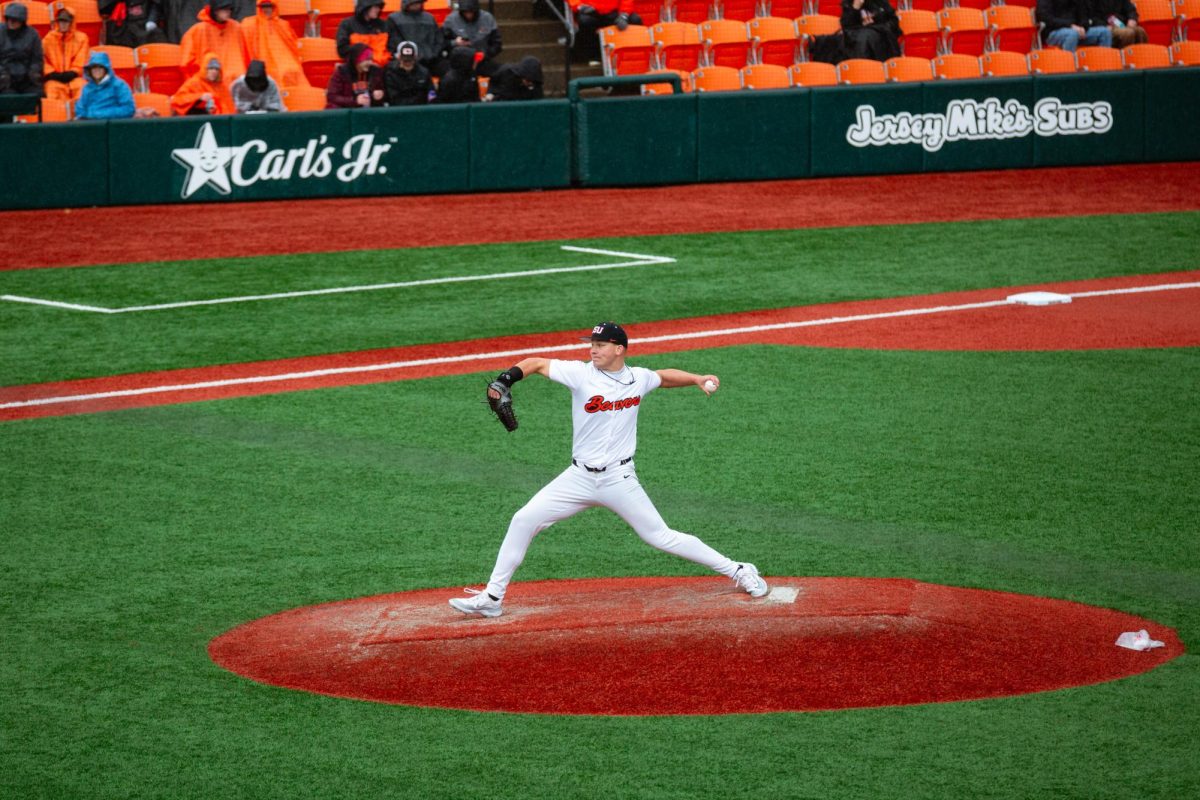


























































![Newspaper clipping from February 25, 1970 in the Daily Barometer showing an article written by Bob Allen, past Barometer Editor. This article was written to spotlight both the student body’s lack of participation with student government at the time in conjunction with their class representatives response. [It’s important to note ASOSU was not structured identically to today’s standards, likely having a president on behalf of each class work together as one entity as opposed to one president representing all classes.]](https://dailybaro.orangemedianetwork.com/wp-content/uploads/2025/03/Screenshot-2025-03-12-1.00.42-PM-e1741811160853.png)























